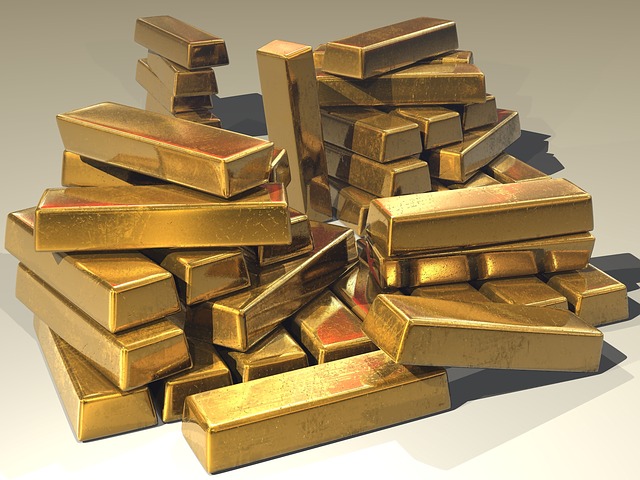Gold prices hit record high amid virus fears and China tensions
The price of gold has reached an all-time high as tensions build between the United States and China while coronavirus infection rates increase once more.

Gold prices hit a record high of $1,943.93 per ounce as investors sought refuge from the bleak outlook for the global economy. Silver prices also increased, rising more than 6% to $24.36 an ounce, its highest price since September 2013.
Worries over the US economy and the possibility of more stimulus from the Federal Reserve has also resulted in the dollar dropping to its lowest level in almost two years. Investors have been selling dollars in favour of buying gold. At the same time, the pound rose 0.6% against the dollar to $1.2871, the highest level since March.
Bullion has picked up over recent trading sessions due to a surge in coronavirus outbreaks, thrashing hopes for a strong and potent economic recovery. This past weekend, the UK reinstated its 14-day quarantine rule for travellers from Spain after a rise in infection rates and cases there. Germany has also reported a spike in cases and there have been outbreaks across Latin America, Asia and the US.
Jim Reid, a market strategist at Deutsche Bank, said that at the weekend “we perhaps got a glimpse of how challenging life will be this winter without a vaccine. I don’t think this is of immediate major economic consequence, relative to what we already have, but if this is happening at the height of summer it begs the question of where we’ll be in, say, November.”
Gold is seen as a refuge in times of economic uncertainty and hit its previous record in 2011. It has increased in value by 28% so far this year, which some analysts have attributed to large inflows from gold-backed exchange-traded funds.
The increasing tensions between the US and China has also contributed to the rise in the value of gold as investors funnelled their cash in its direction. Bitcoin has also seen an increase in value, breaking the 10,000-barrier against the dollar.
With bond yields low and in many cases negative, analysts anticipate that central banks will create more new cash to boost and support their economies. The threat of more stimulus programmes that could force consumer prices higher has made gold, which is also considered by some as a hedge against inflation, more attractive to investors, The Times reports.
In a recent note, HSBC said: “The near unprecedented fiscal and monetary peacetime response to Covid-19 supplies gold with two substantial bullish inputs: liquidity and debt. Low interest rates…and heavy fiscal spending globally for the foreseeable future will cement and extend gold’s rally.”
Investors are awaiting the outcome of a US Federal Reserve meeting, starting today, where it could indicate a further loosening of monetary policy.









